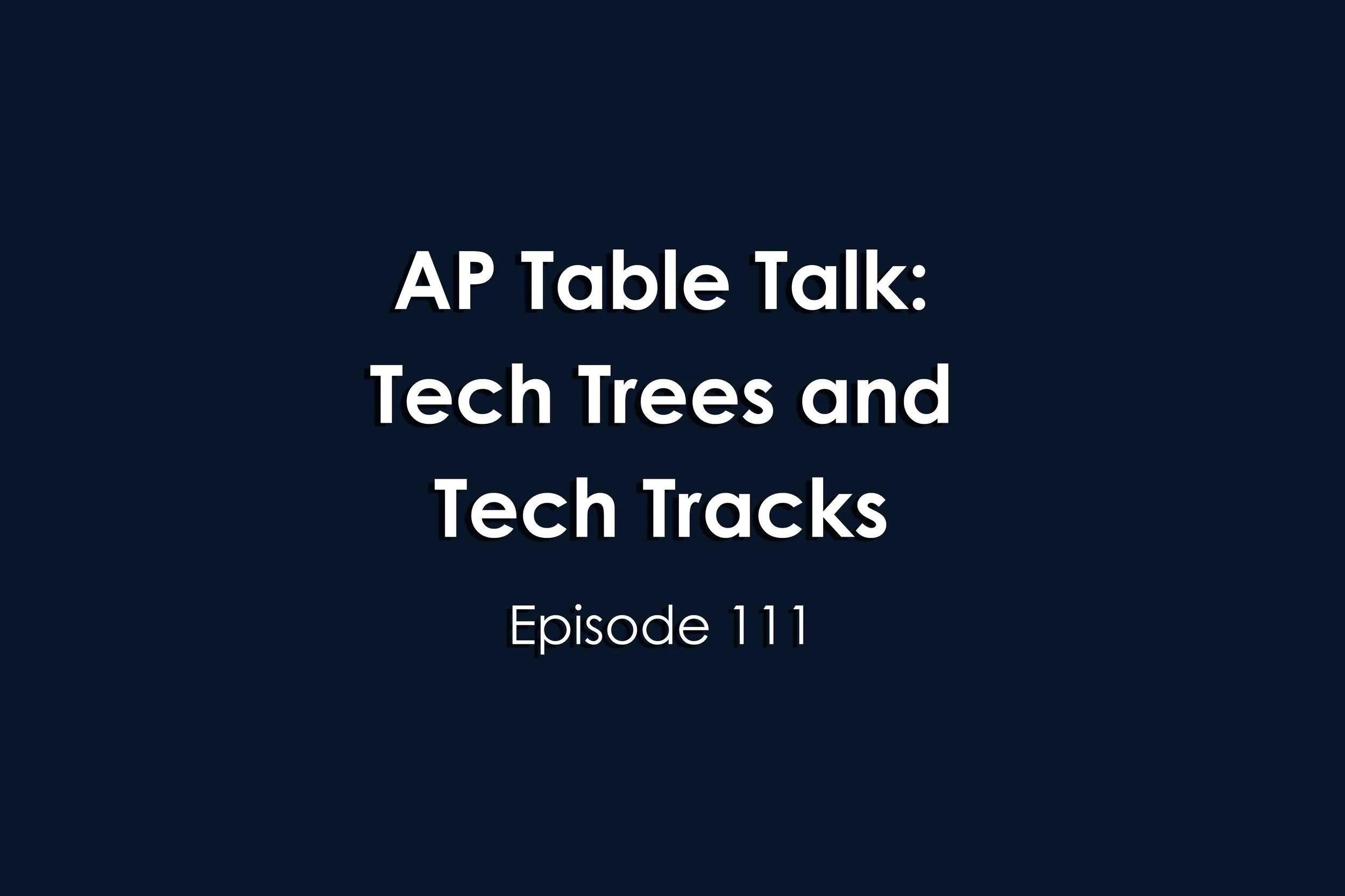In this episode of AP Table Talk, Brian and Dave dive deep into the timeless “rock-paper-scissors” (RPS) game mechanic. They explore its origins, its non-transitive nature, and how it shows up in everything from Magic: The Gathering to StarCraft and Skull King. From nostalgic toys like Battle Beasts to modern strategy in X-Wing Miniatures, the duo reflects on how RPS mechanics fuel tension, balance, and bluffing. Wrapping things up with a spirited pro/con debate, they explore whether RPS is genius design or just a flashy mini-game. Bonus round? Think predator-prey games and wasabi metaphors. Game on!
Read MoreIn this episode of AP Table Talk, hosts Brian Eng and Dave Eng explore the versatile world of Multi-Use Cards in board games. They dive into defining the mechanic, discussing how it forces players to make meaningful trade-offs by using cards for one of several possible actions. Highlighting games like Risk: Star Wars Edition, Dune: Imperium, and Bohnanza, they unpack how Multi-Use Cards create strategic depth, add replayability, and integrate into various game themes. Whether you're new to this mechanic or a seasoned gamer, this episode offers valuable insights and plenty of game recommendations!
Read MoreIn this episode of AP Table Talk, Brian and Dave Eng discuss the concept of deck, bag, and pool building in board games. They explain that deck building specifically involves players starting with a basic deck of cards, which they enhance throughout the game to achieve specific goals. The episode highlights "Dominion" as a pioneering deck-building game and mentions other notable games such as "Clank! In! Space!" and "Friday." The hosts also share their favorite deck-building games, including "Dune: Imperium" and "The Quacks of Quedlinburg." They conclude by debating the classification of various games and their mechanics, emphasizing the strategic decisions in deck building.
Read MoreIn this episode of AP Table Talk, hosts Brian and Dave Eng focus on "tech tree" and “tech track” games. They emphasize how tech trees are a central component of many video games and board games, offering players various strategic paths and upgrades. They mention games like "Tapestry" and "Space Station Phoenix" that use tech tracks and tech trees for engine-building and resource management. They also explore how tech trees can add complexity and thematic depth to games and highlight the importance of balancing different strategies. They touch upon games like "Civilization" and "Terraforming Mars" and discuss the idea of introducing legacy elements to tech trees, allowing progress across multiple plays. The episode provides insights into how tech trees enhance gameplay in various genres and why they are a popular game mechanic.
Read MoreIn this episode of AP Table Talk, hosts Brian and Dave Eng focus on rondel games, where players move along a circular track to take actions. Dave introduces "Patchwork" as a significant game he played early in his relationship. They discuss games like "Sabika," highlighting rondel mechanics and unique elements. They mention thematic considerations, player count dynamics, tie-breakers, and variations in game mechanics. Dave and Brian also touch on games with changing rondel layouts and explore twists in mechanics, such as action resolution prior to moving. They conclude by reflecting on the accessibility and strategic choices offered by rondel mechanics.
Read MoreIn this episode of AP Table Talk, Brian and Dave discuss pick-up and deliver games. They start by reminiscing about their experiences with such games, including their favorite titles like Bus and Flash Point: Fire Rescue. They also mention other notable games like Clank! and Earth Reborn. They share their likes and dislikes about the pick-up and deliver mechanic, highlighting the importance of clear objectives and significant gameplay. They discuss variations within the genre, such as hidden movement combined with pick-up and deliver mechanics. The episode concludes with a discussion on the efficiency of pick-up and deliver mechanics.
Read MoreIn this episode of AP Table Talk, Brian and Dave Eng discuss board games that utilize the Mancala mechanic, which involves moving pieces along a board with hollows or pockets. They start by reminiscing about Dave’s childhood memories of playing Mancala with his mom's old board. They then explore modern board games that have popularized this mechanic, such as Five Tribes and Trajan. They also discuss other games like Crusaders: Thy Will Be Done and Fruit Picking, which offer variations of the Mancala mechanic.
Read More







